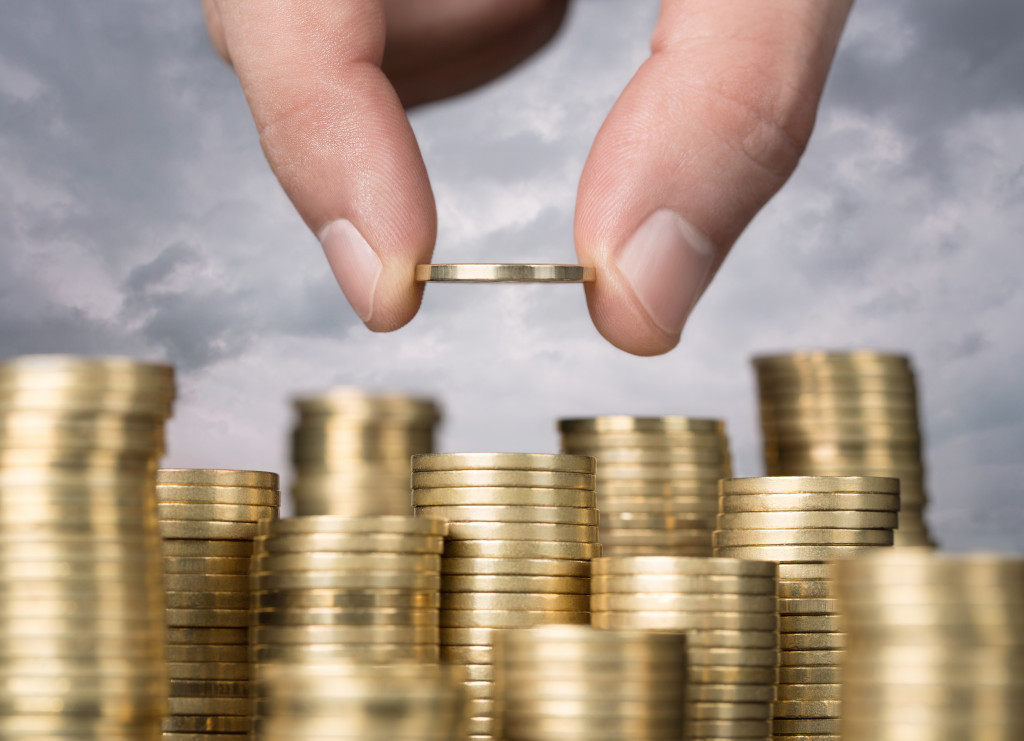Financial stability is a goal that many adults hope to achieve after securing a full-time job and learning how to juggle all of their responsibilities. It’s not foolish to want a financially stable lifestyle nowadays, especially considering the ever-increasing prices of commodities in the market.
But that’s easier said than done. Achieving financial stability is an economic state that most people can only dream of having, which is saying a lot about how the current generations are dealing with their money. That’s because even if money is an integral part of day-to-day living, it’s still not being taught in schools.
However, if you’re truly eager to manage your money through better ways, you can start by learning about emergency funds and why you need to have one. There are plenty of online resources that you can use to discover more about how to have financial freedom, and emergency funds are just the beginning.
What Is an Emergency Fund?
In its most basic sense, an emergency fund is a readily available stash of money that you can use to pay for unexpected expenses, hence the name. It can be kept in a different bank account or a digital wallet that you can access easily, so you won’t have to struggle every time you have to take some funds out.
The amount of money kept in an emergency fund varies from person to person, but the general idea is that it should cover your basic living expenses for at least three to six months. This way, even if you lose your ability to earn money for a few months, you won’t have to worry about how to put food on the table.
However, it’s understandable if you don’t have enough room in your budget to take out a large amount for your emergency fund. In this case, the best way for you to build your stash is by starting small, such as setting aside a few hundred dollars every month until you accumulate the final amount.
Where Can You Use an Emergency Fund?
Your emergency fund can be used for situations that you normally won’t be able to prepare for in advance. After all, the main purpose of having this stash is so you can use it to fund your emergencies, so creating one for future situations may come in handy. Here are some situations where you might use it:

1. If You Sustain Injuries from an Accident
Nobody ever plans to be involved in an accident, especially if it’s a case of being in the wrong place at the wrong time. For instance, you could have been casually walking down the street when an intoxicated driver veered off their lane and crashed onto a lamppost, which you happened to be next to.
Being a casualty in a DUI accident can not only pose a threat to your life but can also affect your future ability to earn if it just so happened that you sustained a debilitating injury in the process. Situations like these cannot be dismissed as a sick twist of fate — you have to seek justice for the damages you sustained.
A good way to approach this situation is by getting yourself a dependable car accident lawyer who can put your best interests at heart. This is particularly pressing if your injuries have cost you thousands in medical bills. Your lawyer should be able to help you get properly compensated for your current and future medical expenses brought about by the accident.
2. If You Lose Your Job or Get Fired
Your job may be secure for the time being, but the same cannot be said in the future. It’s possible that one day, you’re going to wake up to a global recession that forces your company into bankruptcy, which leaves your employers no choice but to let some people go, including you.
It could also happen because of one mistake at work that cost you your job. No matter what the reason is for losing your job, it can be difficult to find another position that can replace your primary income source. That’s why having an emergency fund that can cover your monthly expenses is worth having.
3. If You Suddenly Have a Large Expense
Disasters strike when you least expect them, and most of the time, the reparations for these disasters will come at a price. For example, you could experience car trouble and need to have certain parts replaced before you can use your car again. Or you could have a pipe burst inside your house that floods your entire kitchen.
Unexpected situations like these are impossible to prepare for, which is why it’s wise to build an emergency fund while you still have money to spare. So, if you suddenly have a large expense, you won’t need to take out a high-interest loan or borrow money from others because you have enough funds to cover the costs.
If you can create a financial buffer between you and unforeseeable circumstances, you won’t have to be strapped for cash every time an emergency catches you by surprise. By building an emergency fund that you can lean on, you can experience the kind of financial freedom and stability that most people can only dream of.

